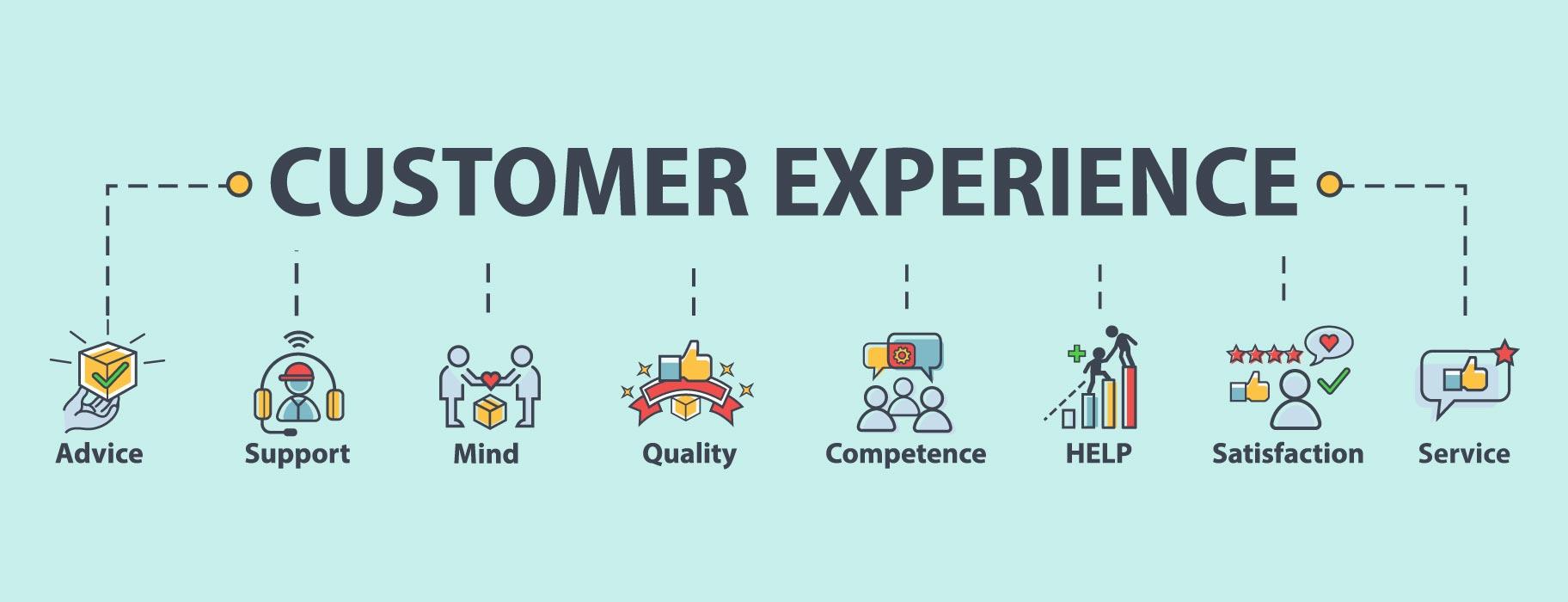Transforming Specialty Finance: The Era of Gen AI Unleashed
In an age defined by rapid technological advancement, the landscape of finance is undergoing a seismic shift, one that promises to revolutionize the way we approach specialty finance. As generative artificial intelligence (Gen AI) emerges from the realm of theoretical possibility into a practical tool, it presents unprecedented opportunities for innovation, efficiency, and decision-making. This new era invites us to explore how Gen AI can reshape the intricacies of specialty finance—enhancing risk assessment, streamlining operations, and personalizing customer experiences. With financial institutions and fintech startups alike harnessing this transformative technology, we stand on the precipice of a reimagined financial ecosystem. Join us as we delve into the exciting possibilities and implications of Gen AI in redefining specialty finance.
Redefining Risk Assessment with Generative AI Innovations
In an age where data rules the financial landscape, generative AI has emerged as a pivotal force in redefining risk assessment methodologies. By harnessing advanced algorithms capable of analyzing vast datasets, organizations can now uncover patterns and insights that were previously hidden. This innovative approach not only enhances predictive accuracy but also provides a more holistic view of risk across various sectors within specialty finance. Financial institutions are leveraging these capabilities to move beyond traditional risk evaluation models, enabling them to proactively identify potential challenges and opportunities.
The integration of generative AI into risk assessment opens doors to numerous benefits:
- Dynamic Modeling: AI-driven models can adapt in real time to changes in data and market conditions.
- Scenario Analysis: Financial firms can simulate countless scenarios, gaining insights into existing risk profiles.
- Improved Decision-Making: Enhanced forecasting allows for more informed strategies in lending and investments.
- Cost Efficiency: Automation reduces the time and resources needed for thorough risk assessments.
| Key Benefits | Description |
|---|---|
| Enhanced Analytics | Utilizes AI for deeper insights into risk factors. |
| Real-time Insights | Provides ongoing assessments with minimal latency. |
| Customized Strategies | Facilitates tailored solutions for diverse clientele. |

Personalizing Customer Experiences Through Data-Driven Insights
In the age of Gen AI, leveraging data-driven insights has become paramount in designing tailored experiences for customers in specialty finance. By harnessing advanced analytical tools, organizations can sift through immense volumes of data, extracting meaningful patterns that inform strategic decisions. This enables finance institutions to create hyper-personalized offerings that resonate with individual customer preferences and behaviors. For instance, predictive analytics can identify customers likely to seek specific financial products or services, allowing for timely and targeted communication.
Furthermore, the implementation of AI-driven algorithms allows for real-time adjustments to customer interactions. This dynamic approach not only enhances customer satisfaction but also drives loyalty by ensuring that clients feel understood and valued. Consider the following essential elements that contribute to successful personalization in finance:
- Customer Segmentation: Classifying customers based on spending habits, age, and financial needs.
- Behavioral Insights: Analyzing customer interactions to anticipate future actions.
- Feedback Loops: Utilizing customer feedback to fine-tune offerings and engagement strategies.
| Data Source | Insight Type |
|---|---|
| Transaction History | Spending Trends |
| Customer Feedback | Experience Gaps |
| Social Media Analytics | Brand Sentiment |
These insights not only equip finance professionals with the necessary tools to engage clients more effectively but also position organizations to navigate the shifting landscape of customer expectations. Embracing a culture of continuous learning and adaptation will ensure that companies not only meet but exceed the evolving needs of their customer base, ultimately redefining the specialty finance experience in this new, AI-driven era.

Enhancing Operational Efficiency: Automating Processes in Specialty Finance
In the rapidly evolving landscape of specialty finance, process automation has emerged as a game-changer, paving the way for unparalleled operational efficiency. By leveraging Generative AI technologies, firms can streamline complex tasks, minimizing human error while maximizing output. Automated solutions can tackle repetitive administrative duties, allowing finance professionals to focus on strategic initiatives that drive growth. Some of the key areas where automation is making an impact include:
- Data Processing: Utilizing AI to analyze vast datasets quickly.
- Risk Assessment: Enhancing assessment accuracy through predictive analytics.
- Customer Interaction: Implementing chatbots and virtual assistants for improved client communication.
The transformation through automation not only boosts efficiency but also creates valuable insights, leading to more informed decisions. For example, financial institutions can benefit from automated reporting mechanisms that deliver real-time data analysis and trend forecasts. Below is a simple illustration of how automation enhances various business processes:
| Process | Traditional Method | Automated Method |
|---|---|---|
| Loan Approval | Manual documentation checks | AI-driven analysis and verification |
| Customer Onboarding | In-person meetings | Online forms with AI support |
| Fraud Detection | Periodic audits | Real-time AI monitoring |

Navigating Regulatory Challenges: Ensuring Compliance in the Age of AI
As the integration of generative AI transforms the specialty finance landscape, companies must navigate a labyrinth of regulatory frameworks to ensure compliance. Financial institutions are faced with the challenge of adapting to evolving guidelines, often set at national and international levels. To tackle this, organizations should consider establishing robust compliance frameworks that include:
- Proactive Monitoring: Implement AI-based tools that continuously scan regulatory updates, ensuring the organization stays ahead of changes.
- Training Programs: Develop regular training for employees to keep them informed about compliance protocols related to AI use.
- Collaboration with Regulators: Engage in open dialogues with regulatory bodies to better understand expectations and advocate for practical guidelines.
Moreover, the shift towards AI necessitates a reassessment of risk management practices. Companies can leverage innovative AI solutions to enhance transparency and improve reporting accuracy. A simplified table outlining key compliance areas can serve as a valuable resource:
| Compliance Area | AI Application | Key Benefits |
|---|---|---|
| Data Privacy | AI-Powered Anonymization Tools | Minimized risk of data breaches |
| Fraud Detection | Machine Learning Algorithms | Enhanced pattern recognition capabilities |
| Regulatory Reporting | Automated Compliance Solutions | Increased efficiency and accuracy |
To Conclude
As we stand on the brink of a new era in specialty finance, the integration of generative AI technologies promises to reshape the landscape in ways we are only beginning to understand. The innovations discussed throughout this article reveal not just an evolution in tools and processes, but a complete transformation in how we approach lending, underwriting, and customer engagement.
The fusion of human intuition with machine efficiency opens up new avenues for risk management, personalized services, and operational excellence. While challenges remain—such as ethical considerations and the need for robust regulatory frameworks—it’s clear that the advantages of generative AI can drive the industry forward into a future rich with potential.
As we embrace these advancements, the question is no longer if specialty finance will change, but how rapidly and in what direction it will evolve. With each development, we are called to rethink traditional models, ensuring they not only adapt to but also thrive in this dynamic landscape. The era of generative AI is not just about technology; it’s about reimagining what is possible in finance. The journey has just begun, and the possibilities are as vast as our willingness to explore them.
